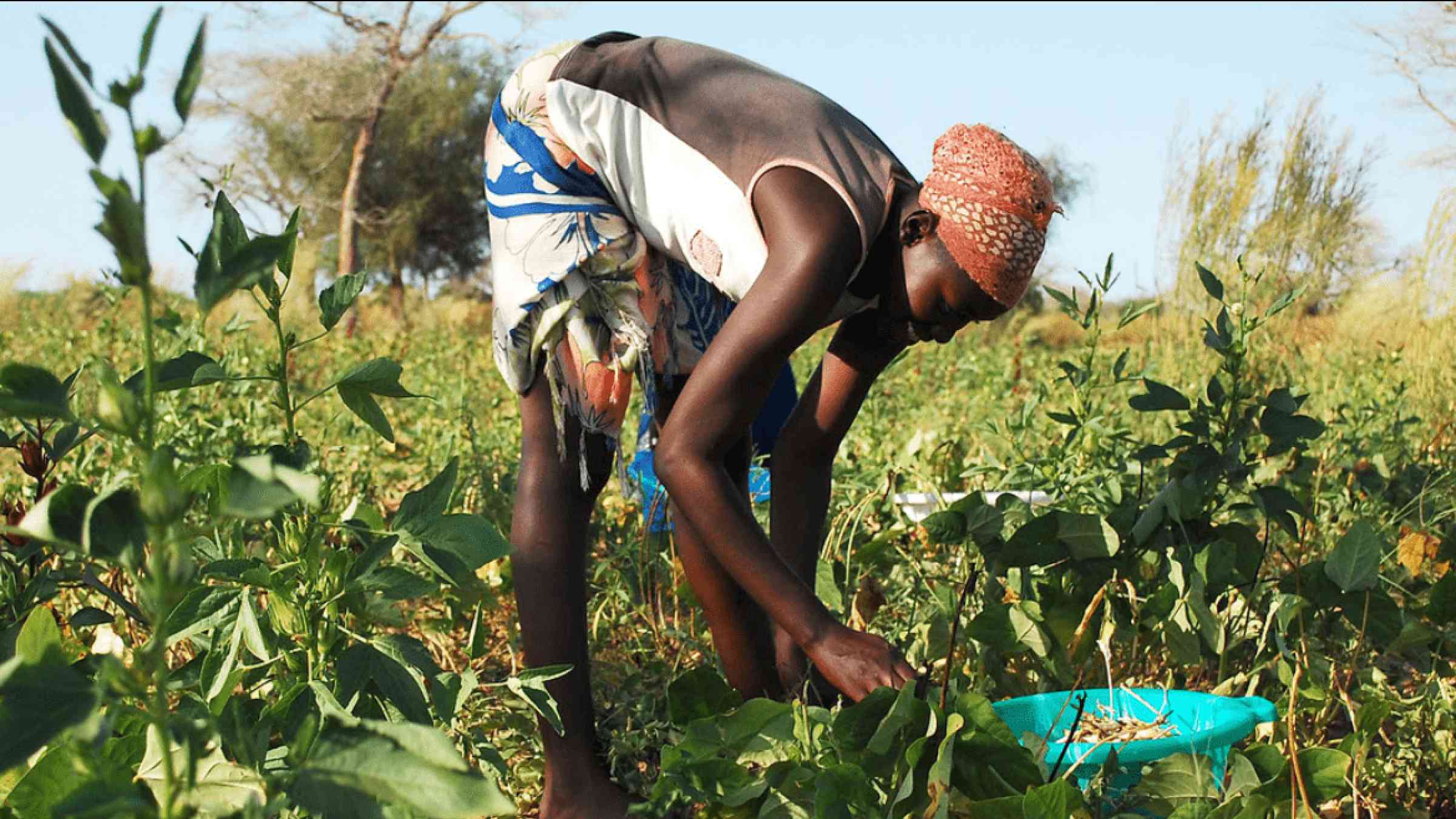Landmark declaration adopted to strengthen climate security in the Sahel

In a historic move, Sahelian Countries have adopted a landmark declaration at the inaugural Sahel Climate, Peace and Security Forum in Bamako, Mali, committing to bolstering climate security in the region.
Confronting the unique challenges posed by climate change in the Sahel, including land degradation, increased droughts, and the rise in conflict, the forum brought together over 150 stakeholders, including the Prime Minister of Mali, theExecutive Secretary of the Liptako-Gourma Authority, the Executive Secretary of the Climate Commission for the Sahel Region and ministers and representatives from 7 of the 10 UNISS Sahel Countries[1].
The event, which was constituted as a platform for critical climate security dialogue and collaboration, focused on exploring innovative solutions and funding mechanisms to address climate, peace and security issues, culminating in the unanimous adoption of the Bamako Declaration on Climate Security. This declaration is a significant step towards a unified response to the escalating impacts of climate change on peace and stability in the region. It outlines a comprehensive approach to addressing the interlinked challenges of climate change, peace, and security, emphasizing the need for innovative climate action, sustainable land management, and collaborative regional efforts.
The landmark declaration will serve as a basis for advocacy, dialogue and negotiations led by Sahelian governments and organizations championing the crucial nexus of climate, peace, and security. It paves the way for action at all levels, incorporating national, regional, and international development and financial mechanisms.
Key Points of the Declaration:
- Commitment of the people and countries of the Sahel to regional and international collaboration in favour of climate security, recognizing the unique character and specificities of the Sahel region.
- The need to develop and operationalize inclusive national and regional strategies to strengthen climate resilience, peace and security in the Sahel.
- Advocacy for financing and interventions linked to the climate, peace and security nexus in the Sahel based on structuring investment mechanisms supported by Sahelian institutions based on national and regional priorities.
- The call for adapting conditions for accessing climate financing for countries requiring urgent support due to fragilities and crises.
Together, the Sahelian countries reaffirmed their desire to transform the challenges of the Sahel into opportunities for a prosperous, peaceful and sustainable future.
Statements from Key Figures:
“This forum is being held while we are getting ready to participate in COP28 and shows that climate security is a key challenge of our time and impacts the entire region,” said His Excellency, Dr. Choguel Kokalia Maiga, Prime Minister of Mali. “This forum offers a platform to reflect with other Sahelian countries on the prevention of conflict, climate change adaptation, peace consolidation, social cohesion and harmonizing our joint responses,” he added.
“Our partnership with UNDP will undoubtedly take on a new dimension, and it will be up to each of us to do everything possible to respect the commitments made through the Bamako declaration,” said His Excellency, Mamadou Samake, Minister of Environment, Sanitation, and Sustainable Development of Mali. “I can already affirm that Mali will continue the strategic reflection on the mobilization of adequate and targeted resources for climate-related initiatives with the countries of the region, UNDP, and other partners who share our vision,” he added.
“Whether it's the impacts on vulnerable communities or the potential for conflict linked to diminishing resources, it's clear that climate security is not just an environmental issue; it's a matter of human security,” said Nicole Kouassi, UNDP Resident Representative in Niger. “The recommendations outlined in the Bamako declaration remind us that we must carry with us a sense of responsibility. The solutions to climate security are within our reach, but they require a concerted effort,” she added.
About the Sahel Climate, Peace and Security Forum:
Held from 9-11 November 2023 in Bamako, Mali, and organized by the Republic of Mali in collaboration with the United Nations Development Programme (UNDP), the Government of Sweden and the Government of Denmark, the Sahel Climate Peace Security Forum brought together policymakers, experts, and stakeholders to explore sustainable solutions for peace and stability in the Sahel. The event focused on the critical nexus between climate policy and security, aiming to catalyze impactful actions for a more resilient Sahel.
Next Steps:
Following the declaration’s adoption, participating countries and organizations will engage in a series of targeted initiatives and programs designed to operationalize the commitments outlined in the document, aiming for measurable impacts on the ground.